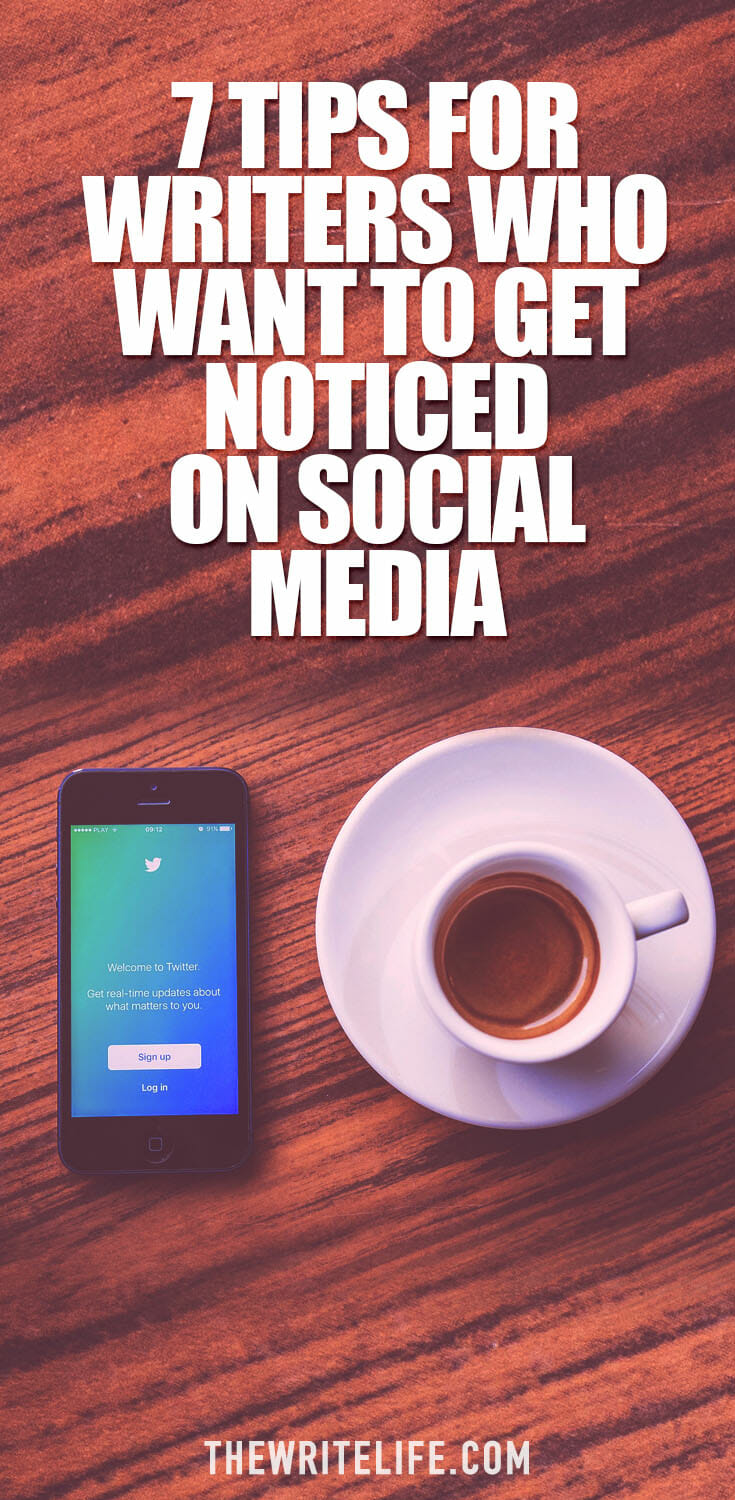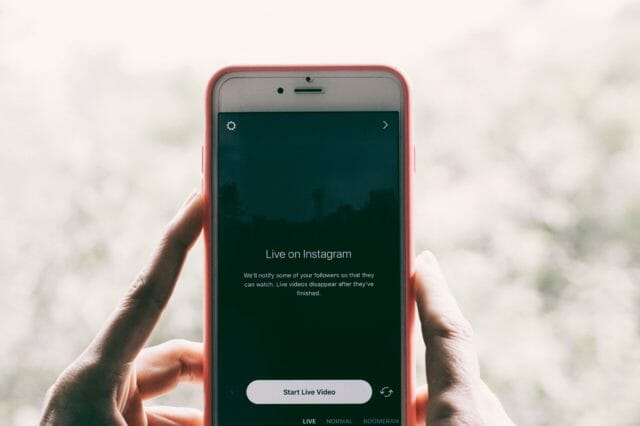Social media is woven into our lives.
We don’t even think before reaching for our phones to check Facebook and Instagram. We catch ourselves scrolling through our feed or drafting the next clever tweet in our head.
In a world so entrenched with social media, are we as writers living up to our full social potential? Or do we believe that we somehow can rise above social media and be successful without it?
Freelance writers often miss key ways they can use social media to their benefit.
Social media is a gold mine of unlocked potential to build a following, showcase your writing ability and gain exposure. If you are a writer looking to get noticed or inspired, here are seven creative ways you can use social media to do so!
1. LinkedIn Pulse
Pulse is LinkedIn’s native article publishing platform.
This platform gives writers the chance to get original content noticed on LinkedIn by professionals.
If you publish blog posts or articles, think along the same lines for Pulse. Articles can range from 500-word targeted posts to epic, 2,000+ word pieces.
The good news? Republishing content from your blog in Pulse is not considered duplicate content by Google. However, I’d still recommend changing a few lines to speak directly to your LinkedIn audience.
2. Instagram quotes
Instagram is an untapped gold mine for writers.
Do you have a book? An ebook? Even a blog? If you’re a writer, you likely have at least one.
Try using Instagram to showcase quotes from your written work. You can snag quotes and create simple, but beautiful, images. One of my favorite tools to create graphics is Canva. There are hundreds of beautiful templates and layouts you can use to make your quotes stand out!
Be sure to think hard about your captions! Although Instagram is a visually-dominated social media platform, writers can make great use of the captions.
Reel those casual scrollers in with a beautiful image, and keep them there with your caption.
3. Your Instagram bio
As obvious as it sounds, every author, blogger, and writer needs a snappy Instagram bio to attract potential opportunities.
This is the #1 area of failure I see on Instagram.
Who are you? What are you interested in? What do you do? What do you like to do? You want to make your first impression for readers landing on your profile a positive one.
A stellar bio includes your real name, a brief rundown of your skills, and your website link. Make sure you use your creative flair to set yourself apart. (This is why I love emojis!)

4. Twitter chats
Twitter, contrary to popular belief, is one of the most literary social media platforms today.
You have 140 characters to make your point. What could be more literary than that?
Twitter Chats are a great way to network, influence and contribute. Many writing chats feature guest influencers and experts, giving you access to some big names to network with.
Topics range from book discussions (check out the popular #LitChat) to fiction writing support (I recommend #ScribeChat on Thursdays) to the benefits journaling (#JournalChat, also on Thursdays).
Twitter chats are a creative way writers can use social media to connect with other writers, expand their sphere of influence, and share their knowledge.
5. Facebook writing groups
Facebook groups are yet another creative way writers can use social media to get noticed and inspired.
Joining a Facebook group aimed at writers is a fantastic way to meet and collaborate with other writers. You might even find your next writing gig!
Facebook writing groups range from small and intimate, to enormous and robust. Topics and focus vary, but the main benefit remains the same: comradery with other writers.
The Write Life even has its own Facebook group, filled with inspiring writers.
6. Facebook Instant Articles
Although Instant Articles isn’t quite what publishers hoped it would be, the platform still holds promise for writers.
Facebook Instant Articles receive 20 percent more clicks and 30 percent more shares than other articles, according to a statistic from 2016..
Like Pulse, you can republish content on Facebook’s native platform without it being flagged as duplicate content.
Yet, unlike Pulse, Facebook has created several integrations that make publishing easy for writers. These integrations with content and blogging systems means there’s no need to recreate articles within Facebook.
7. Facebook “mini blog”
We all know that writers can use their Facebook pages or profiles to share blog posts.
But, what about “blogging” right on your Facebook newsfeed? Authors such as Elizabeth Gilbert do exactly this.
You can use Facebook not only to share content from other places, but to express your opinions about those pieces. Share your creative edge, your wit, your life. Your sphere of influence will expand simply from being transparent and generous with your writing!
With these seven creative ways to use social media, let’s stop fighting social media and instead, embrace it. Let’s find more opportunities to get noticed and gain exposure for our work!
For more helpful articles on how to use social media well, check out these articles:
- Quick Social Media Tips for Writers
- Quick Social Media Tips for Writers 2
- Social Media for Writers & Authors
This is an updated version of a story that was previously published. We update our posts as often as possible to ensure they’re useful for our readers.







